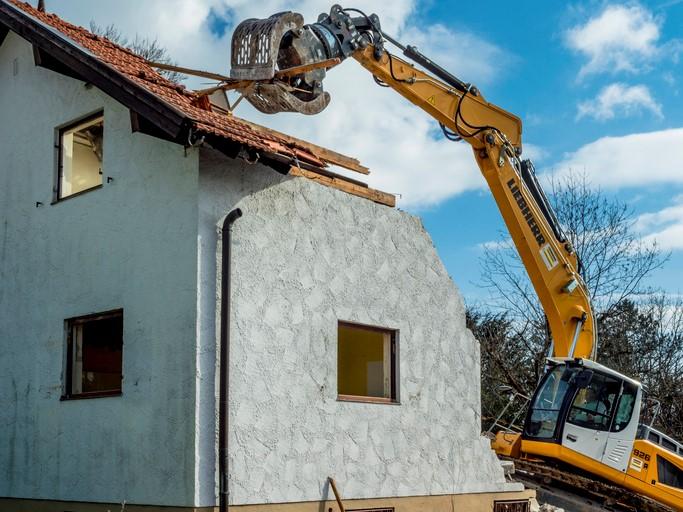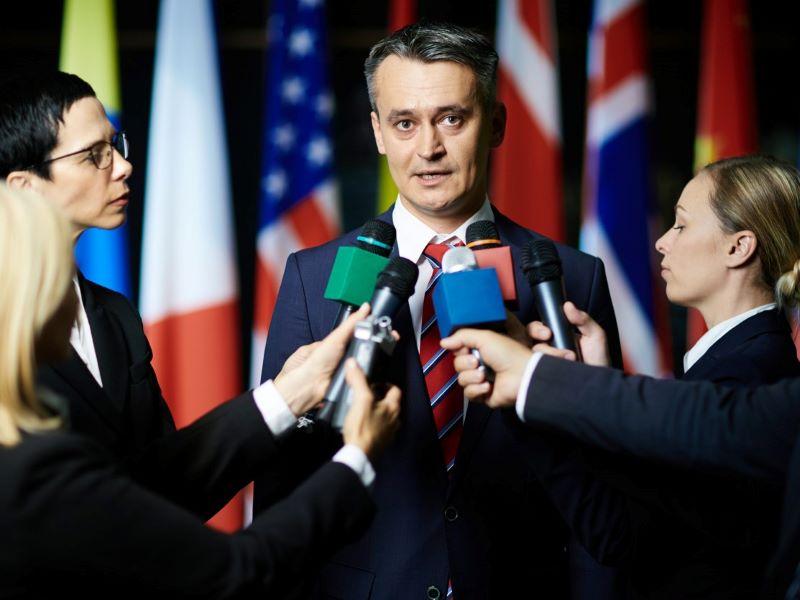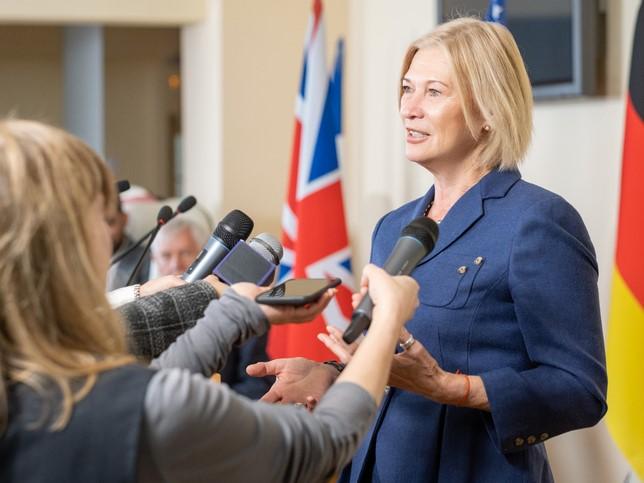Over the past five years we have seen a rapid growth of new initiatives to bridge policy and academia in the UK. The breadth and depth have been impressive and have come from both within the university sector and from different parts of the policy ecosystem.
Recent academic initiatives have included the University and Policy Engagement Network (UPEN), which now has 100 university members, the Capabilities in Academic Policy Engagement (CAPE) consortium of university and policy players, and Transforming Evidence, which seeks to bridge disciplines. Government and parliament initiatives have included the Knowledge Exchange Unit in parliament (with a network of 700 knowledge mobilisers from universities) and the 13 What Works Centres overseen by the Cabinet Office. Meanwhile, there have also been a number of funder investments, such as the Research England Policy Support Fund, which provides £150 million over five years for universities to invest in public policy engagement, and a pilot local acceleration fund launched by the ESRC.
The growth and dynamism is positive. But the danger is that with all these activities we start tripping over each other in a rudderless mass of activity. One delegate at a round table organised by CAPE, the International Public Policy Observatory (IPPO) and UPEN in July 2022 said they receive four or five emails every week about new projects that unwittingly reinvent old academic and policy engagement projects. We also heard frustration that during the Covid pandemic there were four duplicate databases of academic experts. Different government departments commission research on the same topics, and institutional memory on previous research is poor. And four What Works Centres overlap by working on youth outcomes. Such duplication seems a waste of public money and a dilution of energy and potential impact.
- It’s high time we rethought policy impact
- Want your research to have an impact on policy? Know your audience
- Learning the craft of using your research to engage in policy
Mapping the landscape
What might help is an observatory to share what’s going on. Mapping the landscape could be a quick win, building on past academic work, such as the Transforming Evidence mapping that found more than 1,000 activities and 500 organisations in this space, older studies of the ecosystem such as that by Jonathan Shepherd at Cardiff University or the now-defunct Alliance for Useful Evidence map of the evidence ecosystem.
Of course, an observatory would need to be much more than a map. Proactive attempts to join the dots would be needed, such as regularly bringing different parts of the evidence infrastructure together and undertaking strategic planning with funders. There is still remarkably little evaluation and learning on what works to create policy impact – and little is shared across disciplines – so commissioning new evaluations and research would also be important.
An observatory could also help oversee more training and skills – such as developing the policy-savviness of doctoral and early career researchers. Some of these skills may be technical and processual, such as knowing how the Westminster parliament works, or methods for rapidly synthesising research. But other policy engagement skills are harder to teach. Can we develop the art of asking for smarter policy questions? Some policy questions are so vague that no evidence can help answer them, and no civil servant can deliver them. More negotiation between researchers and those in positions of power might create answerable questions – and implementable policy.
Strength in diversity
However, the danger with an observatory is that it could be monolithic and over-centralising. At our round table we heard that we must work and think beyond the Westminster and Whitehall bubble – in NGOs as much as public sector, and outside London. Interesting regional models are emerging, such as Insights North East, which joins Newcastle and Northumbria Universities, the NHS, North of Tyne Combined Authority and Newcastle City Council. There’s also PERN, which brings together seven universities in west Yorkshire with the West Yorkshire Mayoral Combined Authority and Leeds Local Enterprise Partnership. And the new PolicyWISE initiative sees five university partners across the UK and Ireland working with administrations in all five nations to share comparative insights. Perhaps an observatory could help us learn from these projects and understand what may be replicable across the UK.
This is not to say that some competition and creative tension – like a free market – may not be a good thing for a vibrant sector. But markets can fail without some intervention. At the very least, a freer flow of information and learning could help policy organisations compete. At best, an enhanced coordinating capability can help with learning from diverse approaches, responding to different needs at different scales and channelling that “creative tension” in a constructive way.
An observatory could also help everybody by exploring more sustainable business models – so we are not reliant on the usual research funders in government and foundations and learn from business and university collaborations. We could also do a lot more to make our contractual and legal processes smoother: the round table heard how structurally baffling it is to support fellowships and secondments between academia and policy.
Maturing the ecosystem
Some at our round table were concerned that an observatory could fall into academic navel-gazing. This is a reasonable concern. An observatory should do more than just observing. But we still need to avoid unnecessary duplication, learn from each other, build skills and think beyond the day-to-day difficulties of delivery.
Despite the plethora of new initiatives, academic-policy engagement is not yet embedded as a mainstream activity. We are not yet at the point of having a shared agenda for the academic-policy ecosystem. Although there is much energy and dynamism, an observatory could give more direction and help mature this nascent academic-policy engagement field.
Jonathan Breckon is director at Breckon Consulting. He is also a fellow working on rapid synthesis methods for parliamentary select committees for the Capabilities in Academic Policy Engagement (CAPE) project.
Sarah Chaytor is UCL’s director of research strategy & policy, director of UCL Public Policy and is CAPE project lead CAPE.
Kayleigh Renberg-Fawcett is UCL’s CAPE project coordinator and vice-chair of the Universities Policy Engagement Network (UPEN).
The views expressed here are solely the authors’ and do not necessarily reflect those of their organisations.
If you found this interesting and want advice and insight from academics and university staff delivered direct to your inbox each week, sign up for the THE Campus newsletter.




comment